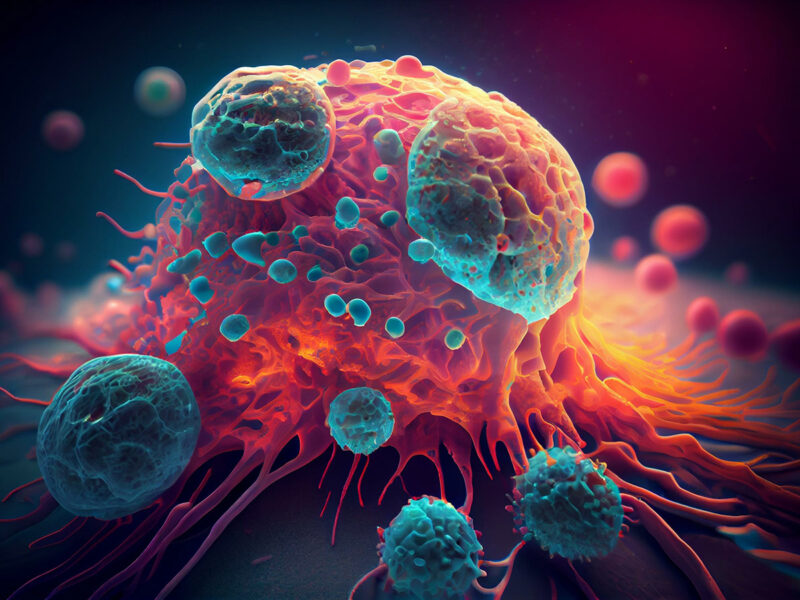New Delhi, 08 November 2024: National Cancer Awareness Day 2024 reminds us of the importance of recognizing the early signs of cancer. Why should we pay attention? Early detection can greatly improve survival chances. Moreover, understanding symptoms allows for timely medical attention, empowering individuals to seek help and sparking important health conversations in our communities. Regular health check-ups become essential. So, how can we identify these signs? By being aware of the common early warning signs of cancer, we can take control of our health.
Recognizing Fatigue: More Than Just Feeling Tired
One of the key early warning signs of cancer is persistent fatigue. While everyone deals with tiredness now and then, cancer-related fatigue is unique. It doesn’t disappear with rest and can be overwhelming. This form of fatigue might arise from the body diverting energy to combat the disease or as a side effect of cancer treatments. If you feel unusually fatigued without any apparent reason, it’s vital to reach out to a healthcare professional.
Unintended Weight Loss: A Serious Concern
Unexplained weight loss is another major red flag that should not be taken lightly. Shedding more than 10% of your body weight without effort can signal an underlying health issue, potentially including cancer. Such weight loss could be attributed to various reasons, such as altered metabolism, reduced appetite, or the body’s extra energy use in fighting cancer. If this weight loss comes with other symptoms, seeking medical advice is essential.
Changes in Skin: Look for the Signs
Changes in your skin can also hint at serious health concerns, including cancer. Watch for new moles or alterations in existing ones, like irregular edges, multiple shades, or size changes. Skin cancers, especially melanoma, can develop unnoticed, so regular skin checks are crucial. If you spot any unusual changes, it’s wise to consult a dermatologist for a thorough evaluation.
Persistent Cough: A Cause for Concern
A cough that lingers can be a warning sign of lung cancer or other serious conditions. If you have a cough lasting more than three weeks, particularly if it comes with blood in your sputum, chest pain, or unexplained weight loss, seeking medical help is critical. Early diagnosis opens the door to more effective treatment options.
Changes in Bowel or Bladder Habits: Stay Alert
Modifications in bowel or bladder habits can also signal potential health issues. For example, chronic diarrhea, constipation, or changes in stool size might indicate colorectal cancer. Likewise, frequent urination or blood in urine could point to bladder or kidney cancer. It’s important to monitor these changes and discuss them with your doctor for early detection and intervention.
Unexplained Pain: A Signal to Investigate
Unexplained pain that persists should not be ignored. While pain can stem from many benign causes, continuous discomfort in specific areas—like the back, abdomen, or joints—might suggest cancer. Addressing these symptoms with a healthcare provider is crucial to rule out serious underlying issues.









